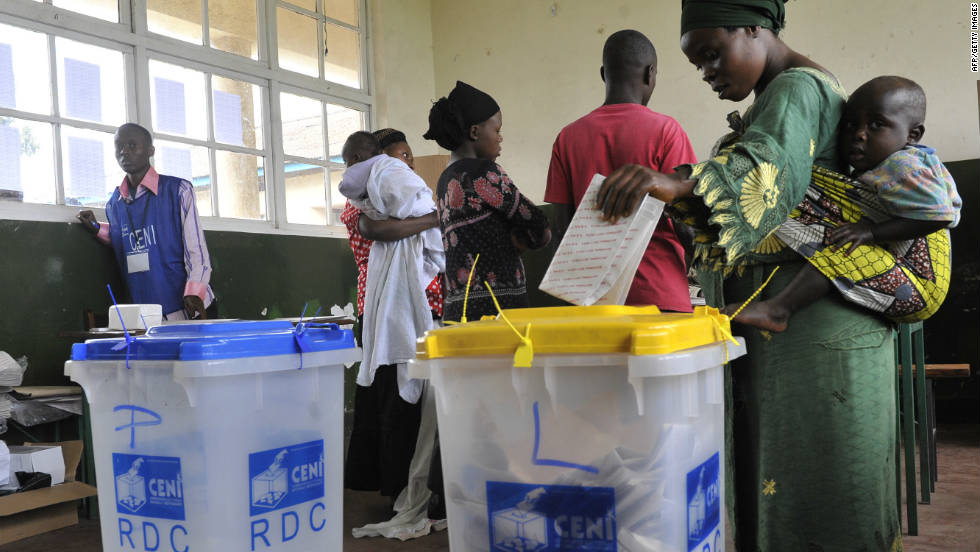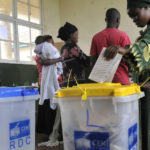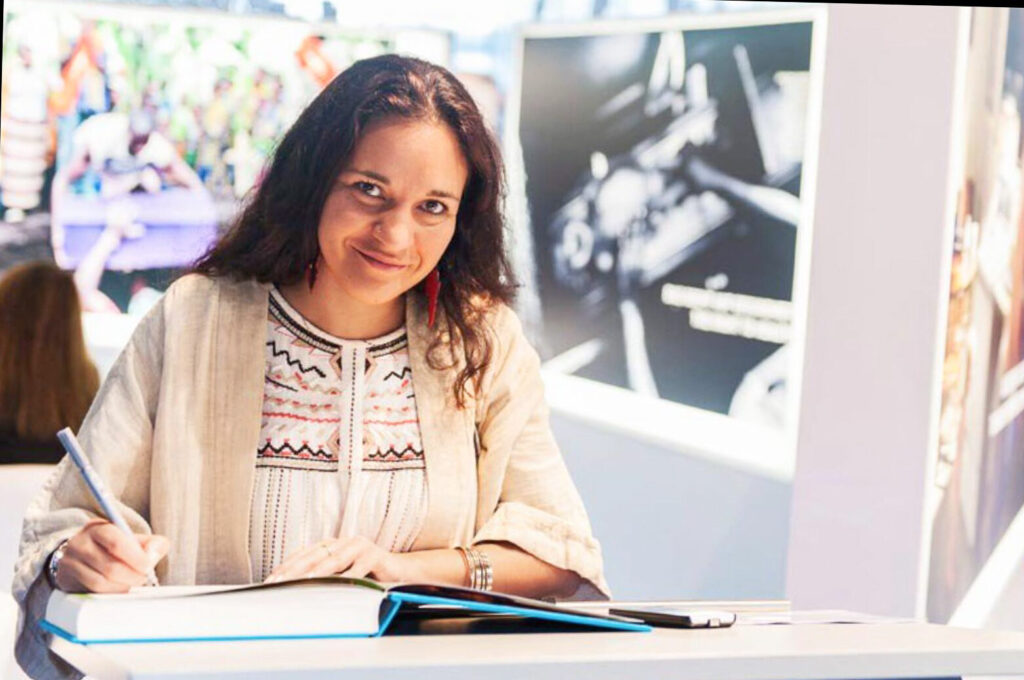Democracy is a long, ongoing process that is far from linear... Belgium, Europe, Turkey, Russia... A model specific to each? What are the challenges of 2017, in the face of this “democratic fatigue”?

Attachments
Notes[+]
| ↑1 | Le Soir, “The European vise is tightening on Poland and Hungary”, May 16, 2017. |
|---|---|
| ↑2 | Ovipot, “The April 2017 referendum campaign in Istanbul: An urban visual struggle”, April 25, 2017. |
| ↑3 | France 24, « Le Venezuela riposte à la “menace” américaine par des manoeuvres militaires », 26 août 2017. |
| ↑4 | Justice and Peace, “Elections in the DRC: vigilance is required”, May 2017. |
| ↑5 | The Carter Center, “Carter Center Urges Kenyan Election Commission to Finalize Posting of Results,” August 17, 2017. |
| ↑6 | Justice and Peace, “After the referendum, what challenges for peace in Colombia? », December 2016. |
| ↑7 | Le Vif, “The PTB first party in Wallonia in a poll”, July 1, 2017. |
| ↑8 | Iris, “Exporting democracy? », spring 2009. |







